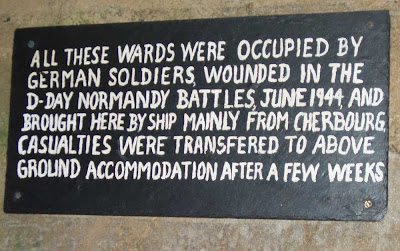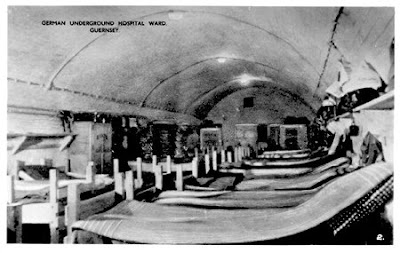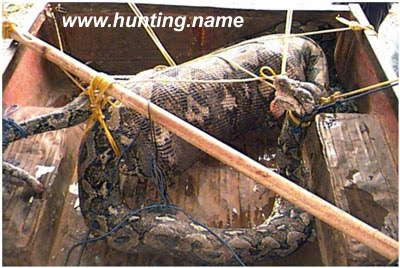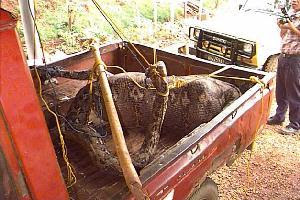1>World’s Largest Indoor Swimming Pool Alberta, Canada – 5 Acres

2>World’s Largest Office Complex, Chicago Merchandise Mart, Illinois, USA

3>World’s Largest Shopping Mall
Gross Leasable Area: 7.1 Million Square Feet
With wind mills, theme parks, and a replica of the Arc de Triomphe

4>World’s Longest Cross Sea Bridge Donghai Bridge, China – 32.5 kilometers

5>World’s Highest Statue
Christ The Redeemer Statue – RIO D.J. Brazil

6>World’s Costliest Stadium
New Wembley Stadium, London, England – 90,000 Capacity Cost $1.6 billion

7>World’s Largest Complex Inter-Change
Interstate 10 Highways Interchange – Houston, Texas

8>World’s Biggest Excavator
Built by KRUPP of Germany 45,500 tons, 95 meters high, 215 meters long

9>World’s Largest Mosques Shah Feisal mosque, Islamabad, Pakistan
35,000 Inside Hall Capacity – 150,000 Outside Overflow Capacity

10>World’s Most Expensive Hotel
Burj Al Arab Hotel, Dubai – only 7 Star Hotel in the World

12>World’s Biggest Roman Catholic Cathedral Ivory Coast
























